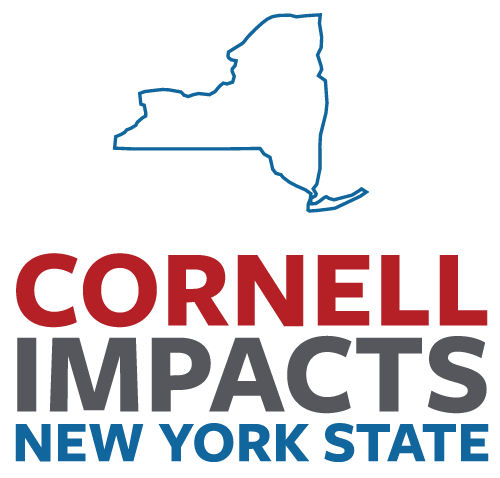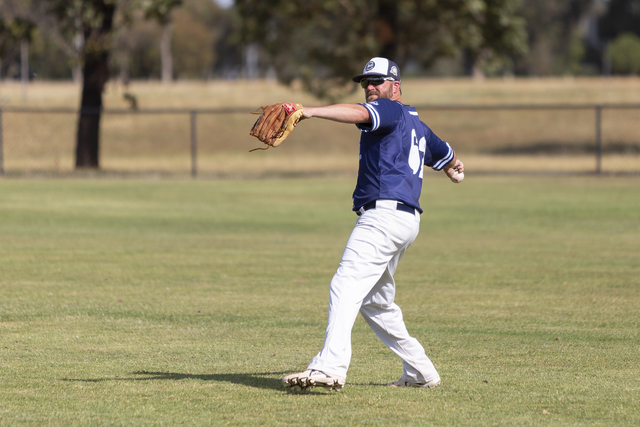
The Ryder Cup kicks off this week at the renowned Black Course at Bethpage State Park in Long Island, marking a significant milestone as the first time the prestigious tournament will be hosted on a state-owned public golf course in the United States. This event not only showcases elite golfing talent but also highlights sustainable practices developed through a collaboration with researchers from Cornell University.
Bethpage Black is part of a 25-year partnership between the Cornell Turfgrass Program and the New York State Office of Parks, Recreation and Historic Preservation. This alliance aims to implement environmentally responsible practices across New York’s state park courses. Frank Rossi, associate professor of horticulture at Cornell, explained, “There was a shared belief that this is our responsibility to the citizens of New York state and to the environment.”
Research conducted at Cornell has led to innovations in managing soil health, integrating pest management, and reducing fertilizer inputs. These seemingly minor adjustments have resulted in significant environmental benefits, including decreased greenhouse gas emissions across state park golf courses, from Beaver Island State Park Golf Course near Buffalo to Montauk Downs on the eastern tip of Long Island.
Mike Hadley, superintendent of the Green Course at Bethpage State Park, noted the increased awareness in applying inputs responsibly. “In working with Cornell, we have all become much more mindful and diligent about when to apply inputs and use the right product that helps protect the environment overall,” he stated.
The partnership between Cornell and state park managers gained momentum in 2000 when New York state imposed restrictions on pesticide use on public lands. This prompted golf course managers to adopt sustainable practices or risk turf decline under stricter regulations. The Bethpage Project, which ran from 2001 to 2009, demonstrated that a 45% reduction in chemicals and a 60% decrease in nutrients could be achieved without compromising playing conditions.
Rossi emphasized the importance of science in maintaining high-quality turf, stating, “You would not be able to produce the conditions possible if you didn’t have the science to back it up.” The success of the Green Course led to the adoption of these practices across all five courses at Bethpage, including the Black Course.
Bethpage Black has a storied history, having hosted several major tournaments, including the 2002 U.S. Open, the 2009 U.S. Open, and the 2019 PGA Championship. With golf’s popularity surging since the pandemic, the maintenance of putting greens—the most heavily used areas of a course—has become increasingly critical.
Tools developed by Cornell, such as disease-prediction models and environmental impact assessments, are being adopted nationwide. Rossi highlighted the growing global relevance of their work, noting, “Because there are so many pockets around the world where pesticide use is restricted, our work here has taken on heightened importance.”
Superintendents at state park golf courses adhere to best management practices co-authored by Cornell and the New York Golf Course Foundation. They also collaborate with Cornell Cooperative Extension specialists for third-party evaluations of their management strategies, focusing on pollution prevention.
During the Ryder Cup, Cornell researchers will support Hadley and his team in monitoring the quality and speed of the greens on the tournament course. Andrew Wilson, director of agronomy at Bethpage, emphasized the dual focus of their efforts. “We want to have the golf course in as good a shape as we can, but our work is not 100% focused on golf conditions. We are also thinking about the nature we recreate in.”
Some areas of the park have transitioned to native grassland, fostering biodiversity and providing opportunities for state park staff to study and protect wildlife. Wilson expressed hope that state park courses will continue to be recognized as public recreational spaces and environmental sanctuaries. “The Ryder Cup is an invitation to the world to show up here and to see what we do,” he stated.
As the Ryder Cup unfolds at Bethpage Black, the collaboration between Cornell and state park officials serves as a testament to the potential of sustainable practices in sports, paving the way for future tournaments to balance competitive excellence with environmental stewardship.







